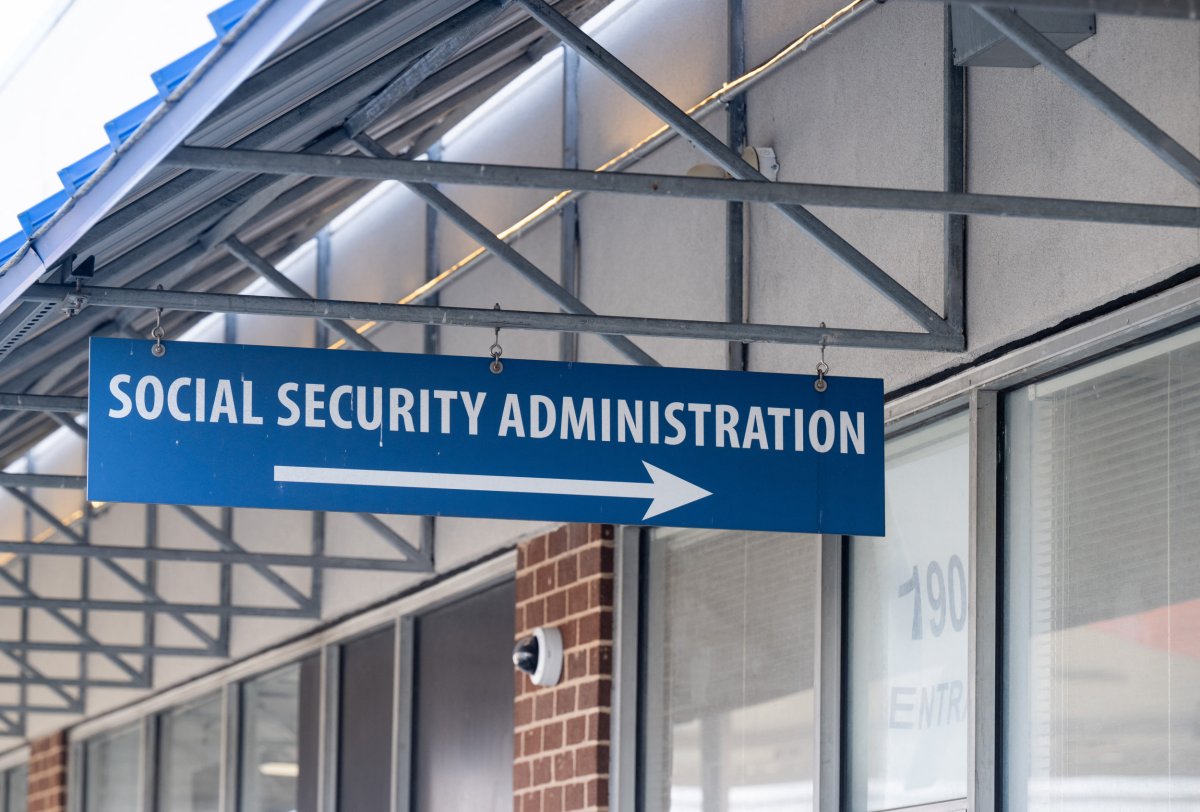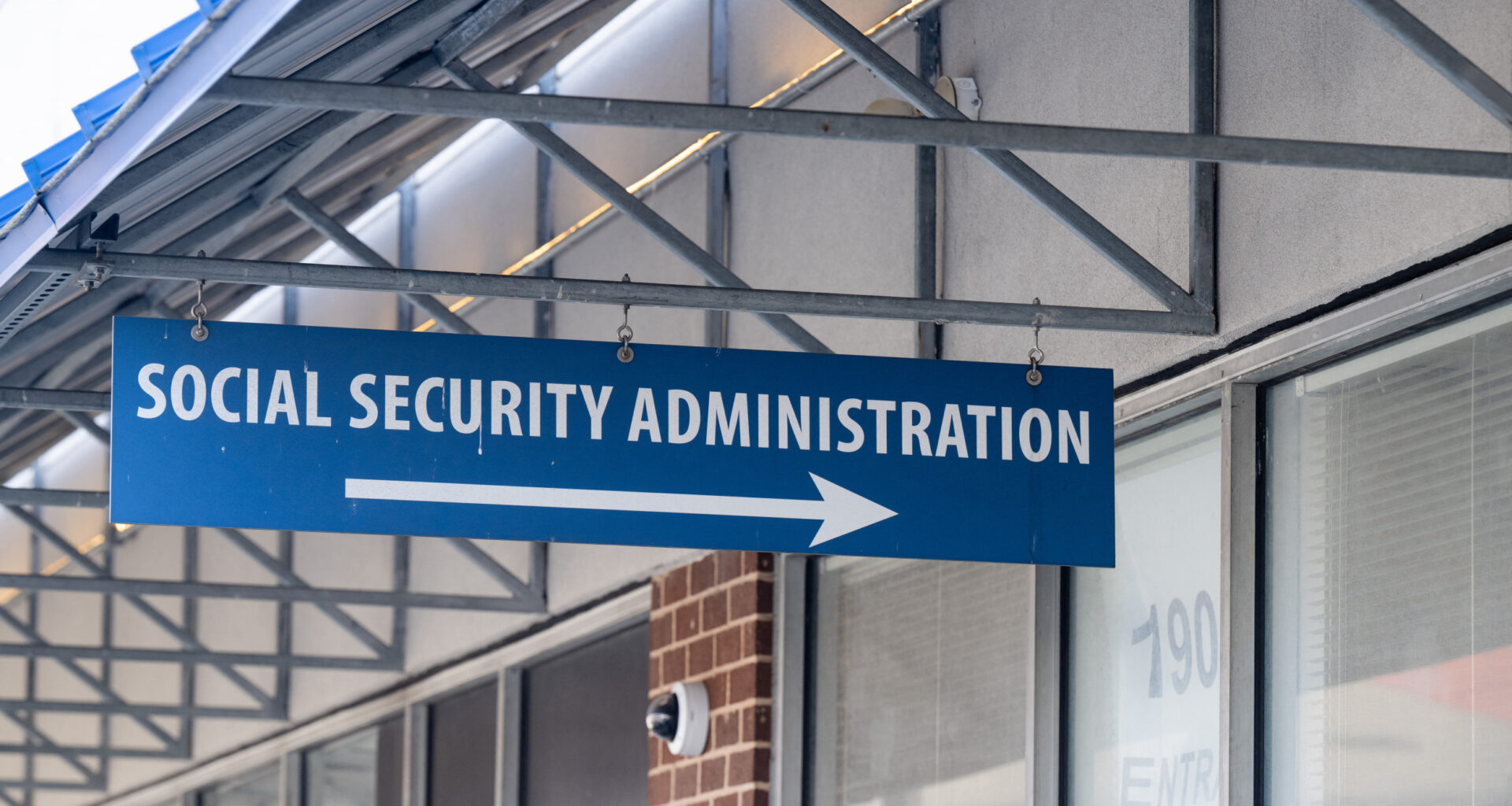Personal income in the United States declined by 0.4 percent in May, marking the first monthly drop since 2021, according to recently released government data.
The decrease was not driven by Americans earning less, but was instead attributed to a shift in Social Security benefit payouts. This change comes amid ongoing concerns about the financial sustainability of the program, as its trust fund is forecast to run out of cash within the next 10 years unless legislative action occurs.
Why It Matters
The decline in personal income underscores the significant influence that Social Security has on the nation’s economic well-being. With more than 60 million Americans receiving benefits, even modest adjustments in payouts can affect broader measures of household income and economic stability.
Concerns about Social Security’s solvency have been mounting, with the program facing automatic benefit reductions if Congress does not intervene before the trust fund is depleted. According to a report released by Social Security trustees last month, once the trust fund is exhausted, payroll taxes would only be sufficient to cover about 77 percent of scheduled benefits.
Advocates and policymakers warn that such cuts could increase poverty rates among older Americans and disrupt finances of millions who depend on these payments.

A Social Security Administration office in Washington, D.C., is pictured on March 26.
A Social Security Administration office in Washington, D.C., is pictured on March 26.
SAUL LOEB/AFP via Getty Images
What To Know
In May, there was a 0.4 percent dip in personal income, following a 0.8 percent rise in April. Analysts have attributed the decline not to lower wages or earnings, but to a specific change in how Social Security benefits were distributed.
Since the Social Security Fairness Act went into effect, retroactive payments were sent out to beneficiaries in March and April, triggering monthly income to temporarily rise for nearly 3 million recipients.
The law affects former public sector workers whose jobs previously did not receive equal coverage from Social Security. Due to the boost, it appeared income dropped in May, but moving forward, the extra benefits will be factored into monthly payments.
“What really happened is that the Social Security Fairness Act eliminated two provisions. The Windfall Elimination Provision (WEP) & the Government Pension Offset (GPO). They previously reduced benefits for individuals who also receive income from public pensions,” Michael Ryan, finance expert and founder of MichaelRyanMoney.com, told Newsweek.
“These retired teachers, firefighters, and government workers had been getting the short end of the stick for years. Having their Social Security benefits slashed just because they’d also earned a pension from their public service jobs,” Ryan added.
The Social Security trust fund is projected to run out of cash by 2033, about nine months sooner than anticipated last year, due in part to the new Social Security Fairness Act. Trustees have warned that, without legislative intervention, benefits for over 60 million recipients would automatically be slashed by 23 percent once the fund is empty.
A recent analysis from the Committee for a Responsible Federal Budget projected that a typical couple could see annual Social Security benefits drop by up to $16,500 in 2033 if no fix is enacted, while a middle-income single worker could face a reduction of $8,200 per year. This amounts to an automatic 21 percent cut to monthly checks.
More than 11,000 baby boomers now reach retirement age daily, resulting in fewer workers supporting a growing population of beneficiaries.
Decades of surplus payroll taxes have created a large, but dwindling, trust fund buffer. Once depleted, incoming payroll taxes would only sustain partial payments, covering 77 percent to 79 percent of promised benefits, according to current estimates.
Potential solutions discussed include raising payroll taxes, lifting the income cap on taxable wages, cutting benefits or raising the retirement age. However, these proposals face political resistance and there have been no specific plans proposed by the president or Congress.
What People Are Saying
Ryan also told Newsweek: “When May rolled around and those lump sums disappeared from the monthly calculations, it looked like everyone suddenly got poorer. It’s like if you got a big tax refund in April. Your income would spike that month, then ‘drop’ in May even though you’re not actually making less money.”
Martha Shedden, president and co-founder of the National Association of Registered Social Security Analysts, told Newsweek: “Beneficiaries affected by the Social Security Fairness Act were issued retroactive checks by the SSA for their new monthly amounts, some for as many as 16 months back to January 2024.
“Those individuals are now receiving higher monthly benefit checks that will not change going forward except for the annual COLAs each January.”
What’s Next
Congress faces increasing pressure to address Social Security’s funding gap before the trust fund depletion deadline in 2033.
Should legislators fail to take action, automatic benefit cuts will be enacted under current law, significantly impacting retirees’ incomes and potentially further reducing nationwide personal income figures.
At the moment, the Social Security Fairness Act is adding even more strain to the financially overrun system.
“This is fantastic news for about 2.8 million public sector retirees who’ve been getting shafted by these arcane rules. But it’s also adding pressure to Social Security’s already strained finances. We’re talking about billions in additional payouts at a time when the program’s trustees are warning about fund depletion,” Ryan said.
“It’s honestly a perfect storm of good intentions meeting fiscal reality. We’re essentially robbing from tomorrow’s beneficiaries to pay today’s.”
